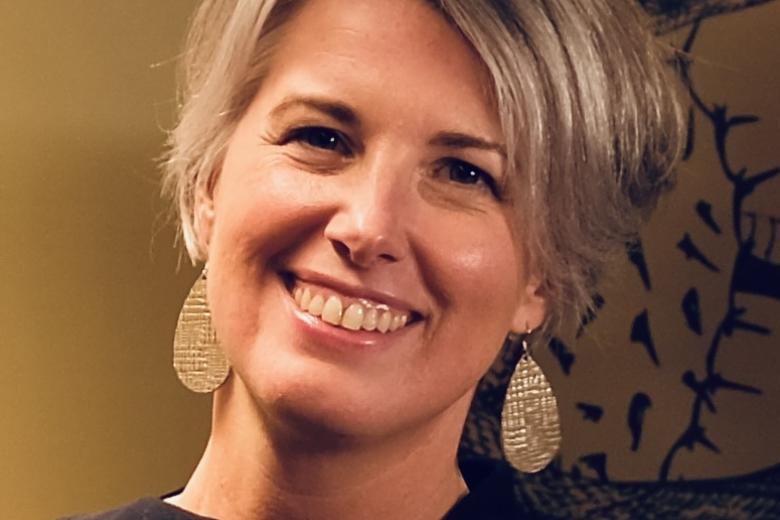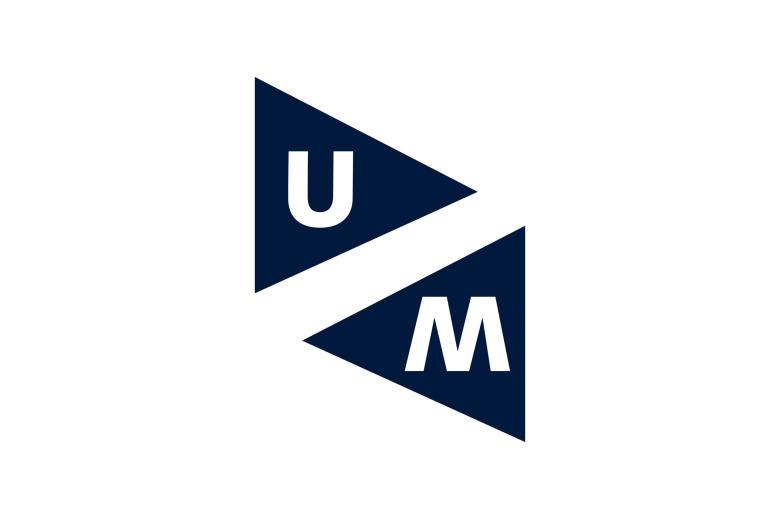KWF subsidy for fundamental research into incurable brain tumours
How does the most malignant form of brain cancer develop? That’s what a Maastricht research group led by Prof. Marc Vooijs, PhD will study in mini tumours which they will 'grow' in their laboratory. The scientists will receive a €150.000 subsidy from the Dutch Cancer Society (KWF) for this fundamental research into the diversity of a type of brain tumour that is (as yet) untreatable.
Six hundred people in the Netherlands are diagnosed with glioblastoma every year. It’s an incurable type of brain tumour with an exceptionally poor prognosis. Surgery, radiotherapy and chemotherapy are hardly effective and the average life expectancy is only fifteen months. Researchers are therefore trying to get a better understanding of the development of this aggressive type of tumour in order to be able to improve treatment in the future.
Resistant cells
The major problem with glioblastoma is the diversity of cells that can make up the tumour. These include tumour-specific stem cells. This diversity is known as 'heterogeneity' in medical terms and the composition of the tumour differs from patient to patient. However, the available treatment options rarely destroy all types of cells at the same time. Stem cells, in particular, are resistant to therapy and when these cells survive they can grow into a tumour once again.
Mini tumors
The Maastricht scientists will focus their research on getting a better picture of the diversity of cells in the tumour. They will use mini brain tumours, which they will grow in the laboratory specifically for this purpose. Tumour tissue obtained from patients can grow in a lab dish into a unique cell system with all the characteristics of the original tumour. The development of these cultured mini tumours is then monitored over time and compared with the development of the patient. The cells will also be exposed to chemo- and radiotherapy. The research may ultimately provide new knowledge and insights, paving the way for new types of treatment, such as immunotherapy.
Also read
-
Tanne van de Kreeke – a former lawyer turned epidemiologist
According to Tanne, a former lawyer and now part-time Epidemiology student, the quality of research in general would improve if more people had a better understanding of epidemiology and how the field relates to research methodology. Tanne is clear about the benefits of the master’s programme.
-
UM builds open education and digital literacy into BKO/UTQ
Maastricht University is taking a practical step to support early-career teachers: open education and digital literacy will be built more firmly into the BKO/UTQ.
-
UM chair Rianne Letschert nominated as informateur
Rianne Letschert, chair of the UM Executive Board, has been nominated as informateur by the political party D66.